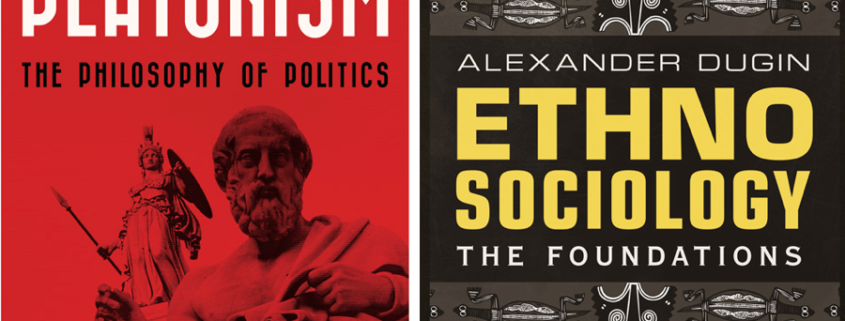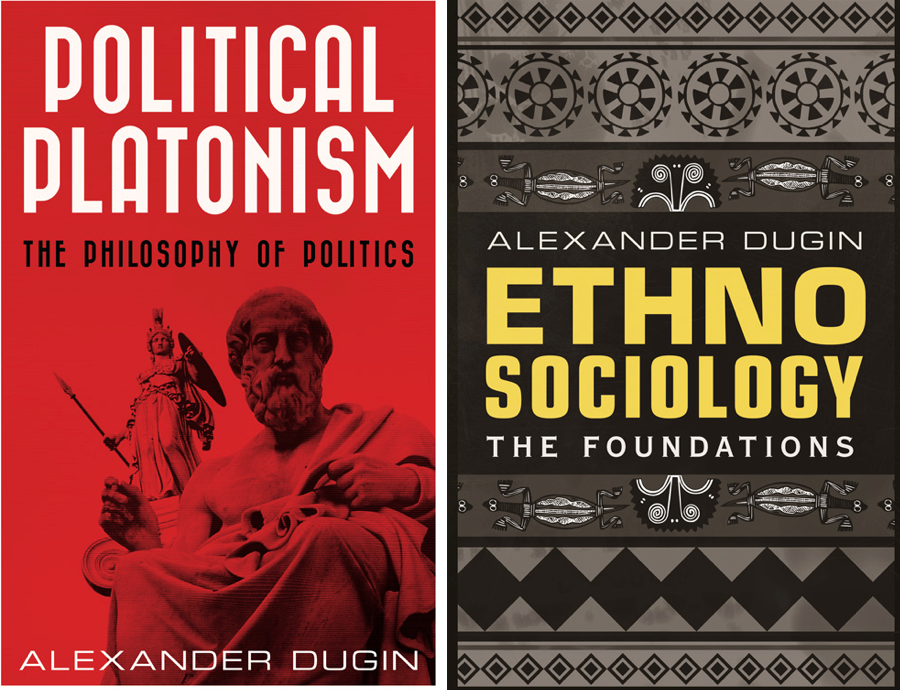Jews in Edmund Burke’s Political Philosophy
The story of Jews in England begins with the Norman Conquest of 1066. Jews from Normandy, following in the footsteps of William the Conqueror, traveled to England to make their fortunes in a land that had always been, as far as they were concerned, terra borealis incognita. England was an ideal location for Jews; it was among the few places in Western Europe unaffected by the Crusading frenzy sweeping the continent, a state of affairs that lasted until the middle of the twelfth century and often involved violence against Jews. Jewish immigration began as a trickle, but their numbers perceptibly increased with the establishment of permanent communities in metropolitan areas. In medieval England, Jews influenced the English economy was far out of proportion to their small numbers. A growing Jewish population combined with their main occupation of money lending inevitably led to ethnic tensions with the Anglo-Saxon majority (see Andrew Joyce’s article on Jews in medieval England). The Jews practiced strange rites in an unknown tongue and deliberately segregated themselves from the general populace. This created an atmosphere of hostility, leading to occasional eruptions of sporadic anti-Jewish violence.
The Plantagenets, wishing to safeguard an important source of revenue, protected the Jews. The Jew was made a privileged foreigner, who answered to no one else but the king. Unlike the Anglo-Saxon peasant, the Jew had complete freedom of movement. As the king’s property, the royal sheriffs were obligated to ensure the Jew’s safety at all times and enforce collection of unpaid debts from gentile borrowers. Compared to the common people, Jews possessed great wealth and made enormous contributions to the Royal Exchequer. This mercenary relationship between English Crown and Jewry was not to last forever.
The Anglo-Saxon peasant saw the Jew as a predatory, money-grubbing foreigner. The Jew’s narrow- minded focus on the acquisition of wealth and power, regardless of cost, were always at the expense of the wider community. The church saw the Jews as a class of infidel moneylenders who actively resisted conversion to the Christian religion. The lesser barons also came to resent the Jews; they had to surrender land as collateral to Jewish financiers, otherwise they would not be able to cover their expenses while accompanying the king on his foreign military adventures. Many could not pay their loans back in full and became indebted to the Jews. Together, all three estates pressured Edward I into taking action. In 1275, the king enforced the ecclesiastical prohibition against usury; as a result, the Jews were banned from engaging in the practice on English soil. In 1286, Pope Honorius IV issued a bull to the Archbishop of Canterbury and his suffragans warning of the dangers of Jewish proselytism. In 1290, Edward, eager for a chance to display his Christian piety, ordered the expulsion of the Jews from England. They were not to return again until 1656, when they were invited back by Oliver Cromwell.
This medieval episode in English history is crucial to understanding Edmund Burke’s scathing denunciation of Richard Price’s 1789 speech on the Glorious Revolution of 1688. The Jew as the quintessential moneylender, without national allegiance of any kind, was a popular stereotype that had arisen during the Middle Ages. This conception of Jewish character served as the historical template for Burke’s negative characterization of Jews as greed personified. Like most ethno-racial and sex stereotypes, it was highly accurate. According to Gavin I. Langmuir, who cannot be accused of being biased against Jews:
“Jews had not been known as moneylenders in antiquity, but starting in the twelfth century, they became stereotyped as usurers. Like the Christ-killer stereotype, the usurer stereotype, although obviously an exaggeration, had a solid basis in reality. While medieval Jews were not all moneylenders and also engaged in other kinds of conduct, from the twelfth century onward they were in fact disproportionately concentrated in lending money at interest.”1
Of significance for Burke was Price’s delivery of his pro-Jacobin speech in a Protestant Dissenter’s meeting-house, colloquially known as the Old Jewry, in a part of London historically known by the same name. This was the main road in London’s medieval ghetto, which had been home to the Jews since the time of William the Conqueror, up until their expulsion in 1290. The Great Synagogue of London was located in the Old Jewry, an indication of the ghetto’s importance in medieval Jewish ritual and commercial life. Read more












